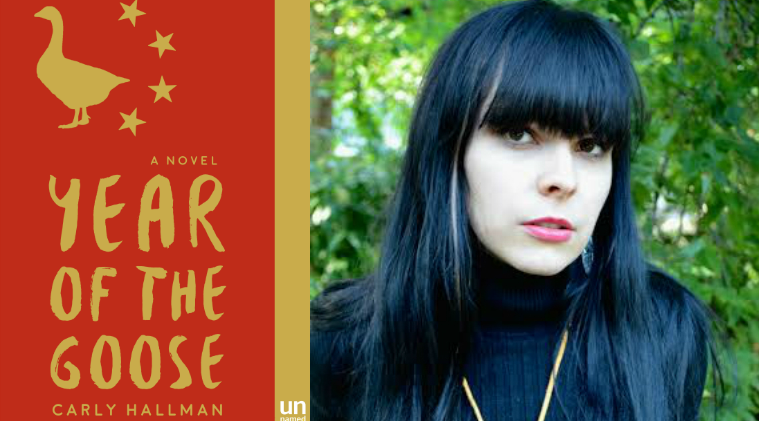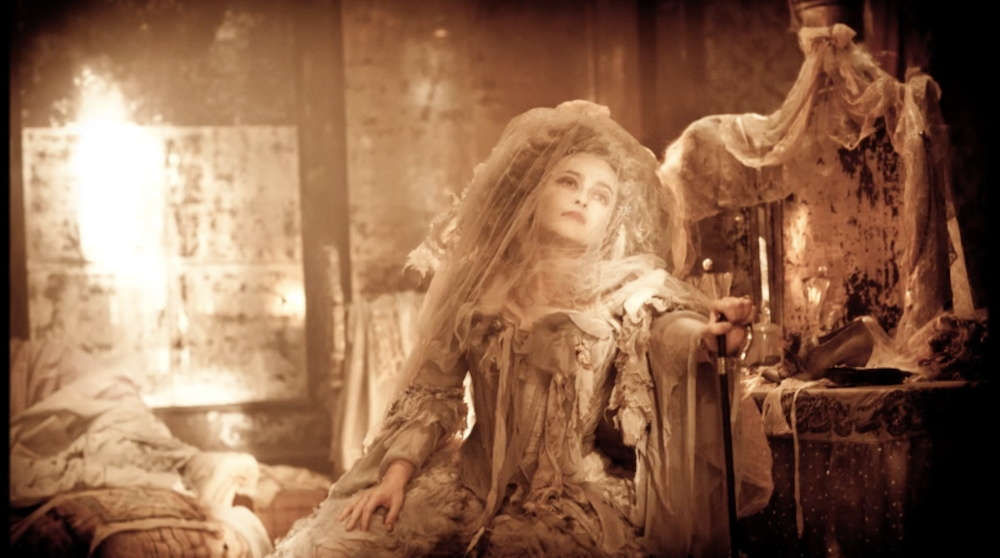essays
How Charles Dickens Secularized Christmas Forever

It’s totally undeniable: atheists, agnostics, and all kinds of non-Christians totally love Christmas. If they’re not celebrating the gospel of Santa Claus or the Grinch, it’s very likely that a secular Christmas celebration has includes some version of A Christmas Carol mixed in with its gingerbread and eggnog. This brief Charles Dickens masterpiece not only established how the Western world celebrates the holiday, but also permanently secularized Christmas as a time of good cheer and good will for literally everybody.
This brief Charles Dickens masterpiece not only established how the Western world celebrates the holiday, but also permanently secularized Christmas as a time of good cheer and good will for literally everybody.
You might take the idea of Scrooge not wanting to give Bob Cratchit Christmas Day off in A Christmas Carol as over-the-top; the kind of cruel fictional hyperbole perfectly in line with a book that also sports time-traveling ghosts. But in Jane Yolen’s forward to the 1988 Tor Books edition of A Christmas Carol, she reminds us that “for many times factory owners did not even give their workers time off on Christmas Day.” Thanks in part to the Industrial Revolution, Scrooge wasn’t just a make-believe person, but a fairly standard business practice. Charles Dickens’s famous short novel didn’t necessarily effect an overnight revolution in the way labor laws worked, but it did succinctly reassert his favorite themes of being a champion for the poor and weak in the face of greed and class oppression.
Historical context of A Christmas Carol is so crazy that a person living in 2015 — repleat with a zillion versions of this story — will probably find it pretty hard to believe that just a few decades before the publication in of the book in 1843, Christmas celebrations were not super popular in England. In fact in the 17th century, when the Puritans ruled England, Christmas was considered a pagan celebration and was utterly outlawed. By the 18th century, Christmas had made a comeback, at least in a legal sense, but the kinds of festive celebrations we associate with the holiday — like holly, wreathes, weren’t super hot until the early 1800’s. In the forward to the Atria Unbound edition of the book, Kathleen Helal writes that “during the years leading up to the publication of A Christmas Carol in 1843, however, the holiday was enjoying a renaissance in England…Brittan’s young Queen Victoria married the German Prince Albert in 1840, who popularized many Christmas traditions of his native country, such as the Christmas tree, in his wife’s homeland.” So, Dickens may not have made Christmas celebrations popular again, but it was certainly trending around the time he got A Christmas Carol published.
But, all this context and historical influence doesn’t amount to one slice of Roast Beast when we consider the text itself hits a contemporary reader without any of this information, and for the most part, is still a super popular book even if you’re not even sure what year it talks place in. The secular magic of A Christmas Carol isn’t limited to the fact that it has more to say about economic class than it does about religion, but also in just the way Dickens actually uses Christmas in the prose itself.
In the variety of scenes and pageantry associated wit the visitations from the first two spirits (not counting Jacob Marley) Dickens is overtly distancing the Christmas of his little world from the Christmas of worship. Consider: we never see Scrooge got to church, neither before nor after his transformation from miser to late-blooming philanthropist. During the section in which The Ghost of Christmas Present takes a Scrooge on a tour of various homes, none of the families are doing a lot of praying, but instead partying! The games played at the home of Scrooge’s nephew, Fred, are probably some of the most legendary of all party scenes in any novels containing party scenes. This is true of flashback parties too, because when the Ghost of Christmas Past takes Scrooge into his happier days, we get the ultimate dance jamboree thanks to Fezziwig’s holiday bash! Dickens has so much fun in this sequences that you almost feel like you’re reading a screwball comedy or that Mark Twain has somehow traveled back in time and helped out with some of the asides and jokes. I mean, there’s a lot of stuff about Fezziwig’s legs and how awesome they are.
Parties over prayer is reinforced not just in the depiction of actual parties throughout the book, but also through a notion of everyone being outright childish, particularly if they are an adult. It’s as if Dickens is repeatedly saying that being youthful and exuberant and more than a little silly is actually what Christmas is about. Perhaps salvation has more to do with controlled immaturity that it does with contemplation. Dickens masterfully hits this one out of the park with this line from the scenes at Cousin Fred’s home:
It’s as if Dickens is repeatedly saying that being youthful and exuberant and more than a little silly is actually what Christmas is about.
For it is good to be children sometimes and never better than at Christmas , when its might founder was a child himself!
Perhaps, Fred himself is some kind of stand-in or at least, assistant, for the overt voice of Dickens, urging the reader to think about Christmas as a positive metaphor for whatever they’re big enough to stick inside of it. Right from the word “doornail,” Fred is speaking nearly directly for Dickens in making the distinction between Christmas the religious holiday, and Christmas the possible tool for social justice and forgiveness. Check out Fred in the opening pages of the book:
But I am sure I have always thought of Christmas-time, when it has come around — apart from the veneration due to its sacred name and origin, if anything belonging to it can be apart from that — as a good time; a kind, forgiving , charitable, pleasant time; the only time I know of, in the long calendar of the year when men and women seem by one consent to open their shut –up hearts freely, and to think of people below them as if they really were fellow-passengers to the grave , and not another race of creatures bound on other journeys.
Fred didn’t need to redefine Christmas for Dickens or Scrooge, but perhaps he needed to for us. The “fellow-passengers to the grave” bit is telling too, because it implies our life on Earth is what counts and not any malarkey about living for an afterlife. Sure, heaven is mentioned in the book, but only in the abstract. The name of God is famously evoked not just by Fred, but of course, by Tiny Tim. And though I’m not sure Dickens intended this, but the use of “God Bless Us,” in this context, spinning around with time-traveling ghosts and heavens and hells that are decidedly terrestrial, even this phrase seems to suddenly become secular, or at the very least, no longer exclusive to Christians. Mere mortals are allowed to do the forgiving and the redeeming in A Christmas Carol. Supernatural beings like the Spirits of Christmas may help us along, but there are no actual angels, gods or sons of Gods in this, the most famous Christmas tale of them all. Instead, there’s a flawed “old sinner” as Dickens calls him, trying to fix his screwed up life.
Sound familiar? It’s all of us! Every one of us.









